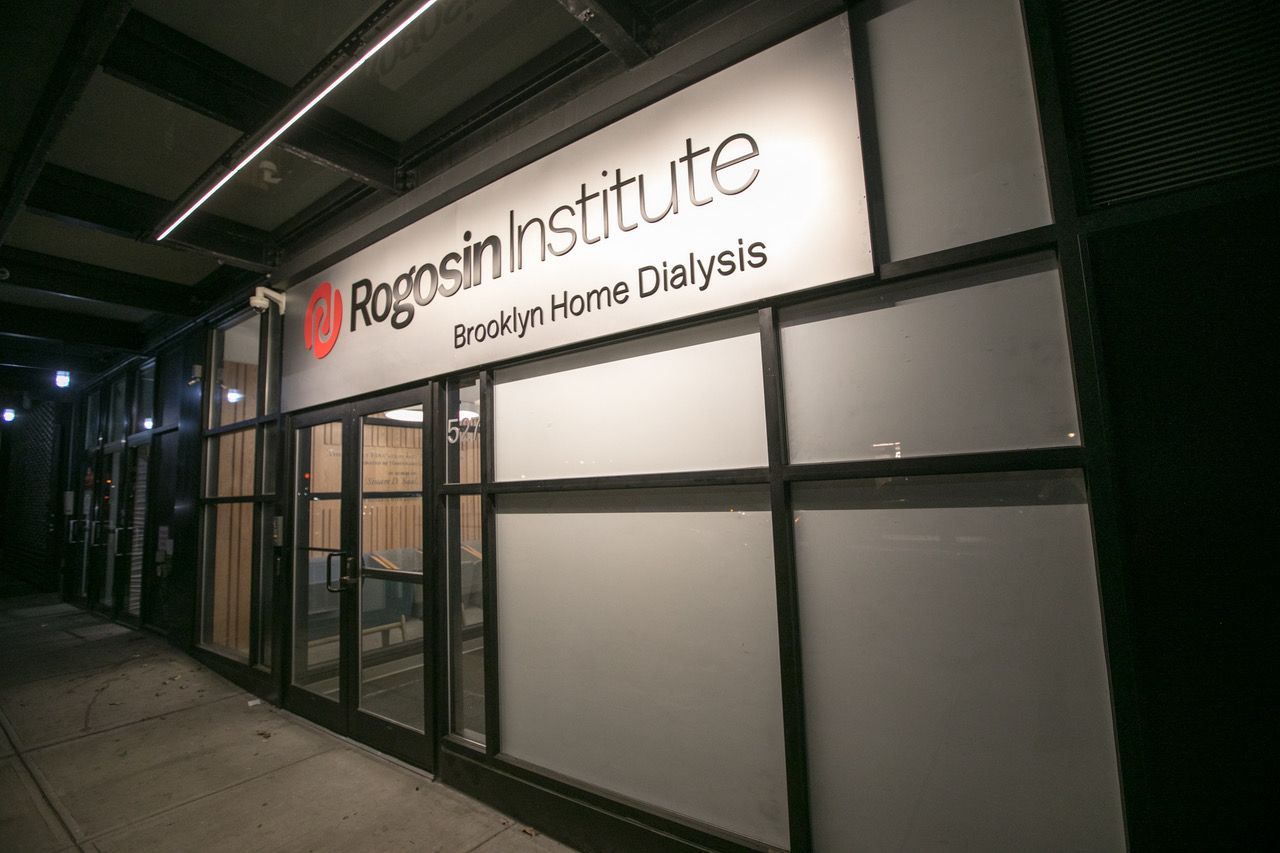Nephrology Powerhouses: Building a Community of Women Leaders
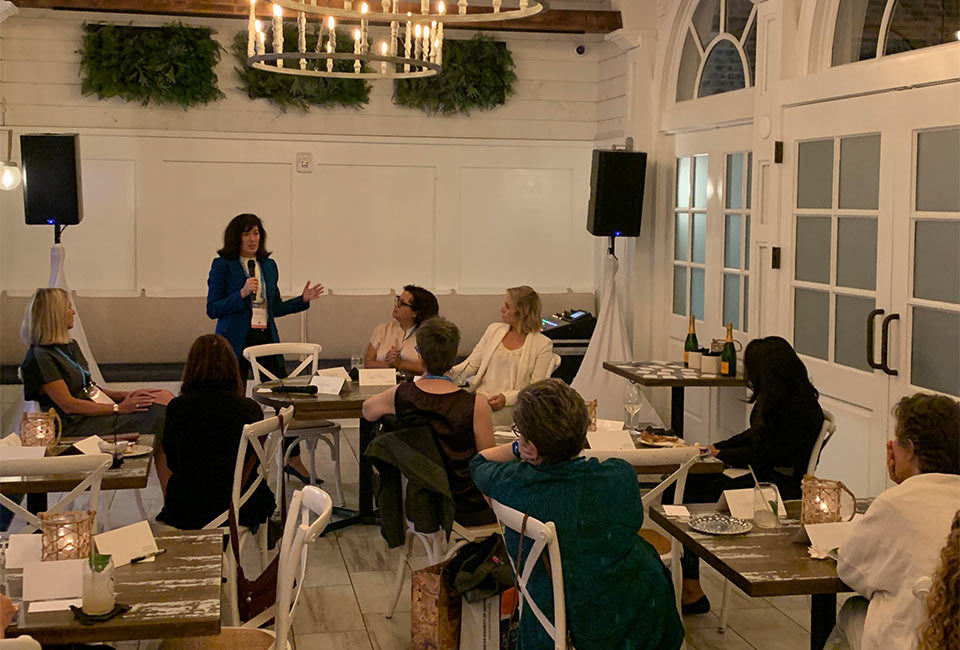
Summary
What happens when a group of women leaders in nephrology come together? You get authentic, honest conversations about the experiences that have inspired and defined their success, and how, as a community, they are igniting the flame of continued evolution within the field of kidney health.

At the recent annual gathering of the American Society of Nephrology (ASN), some of the most dynamic and forward-thinking women leaders in nephrology gathered for an inaugural in-person event for candid discussions on the issues they experience, the values they share and the impact that they make, as a community.
The nephrology powerhouses in attendance represented a range of age groups, experience levels and backgrounds, and diverse U.S. and international academic, clinical and industry settings including University of California Los Angeles, Midwest Nephrology Associates, University of Alabama at Birmingham Medical Center, Hill Country Healthcare, University of North Carolina at Chapel Hill, NewYork-Presbyterian/Weill Cornell Medical Center and Imperial College London, to name a few. Event moderators included Outset Medical’s Leslie Trigg, Chair and CEO, Stacey Porter, Chief People Officer and Cynthia Silva, MD, Medical Officer, along with Cynthia Delgado, MD, Professor at the University of California San Francisco Department of Medicine.
Discussion topics ranged from what success looks like, eradicating guilt and expectations associated with high ambition and accomplishments, the importance of mentorship and work-life integration challenges. Below is a brief recap of the key discussion points shared by these inspirational leaders.
What Does Success Look Like?
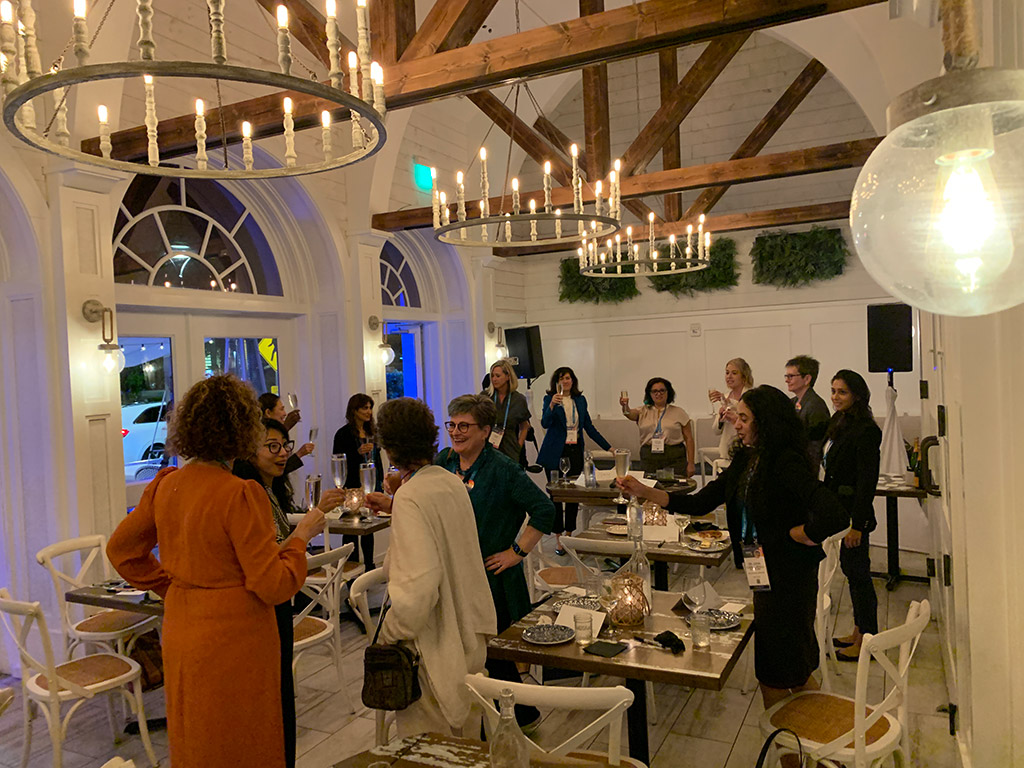 The attendees discussed success, not as a “cookie cutter” definition of what society dictates—be it title, salary or the organization you’re with, but rather that it looks different to everyone. As women leaders in nephrology, they have all climbed mountains to define their own success, forge their own path and unapologetically challenge traditional standards and the status quo in nephrology all along the way.
The attendees discussed success, not as a “cookie cutter” definition of what society dictates—be it title, salary or the organization you’re with, but rather that it looks different to everyone. As women leaders in nephrology, they have all climbed mountains to define their own success, forge their own path and unapologetically challenge traditional standards and the status quo in nephrology all along the way.
For Dr. Silva, with a background as a pediatric nephrologist, past Division Head and Medical Director of Dialysis and Apheresis Services at Connecticut Children’s Hospital, and a wife and mother of three, success throughout her career has had a fluid definition. This theme resounded with the group as well. “Originally, success was defined as what was given to me by the hospital or organization I worked for: write more papers, see more patients,” she says. “When you become a mother, you change drastically, and sometimes perspective shifts. I didn’t have a crystal ball so to speak to know what I would feel like once that perception of myself changed, and how success fit into that. All of us at the Powerhouses session talked about how the definition of success can be quite different, but most important to me is, am I being an authentic version of myself in my work and personal life.”
The Importance of Mentorship
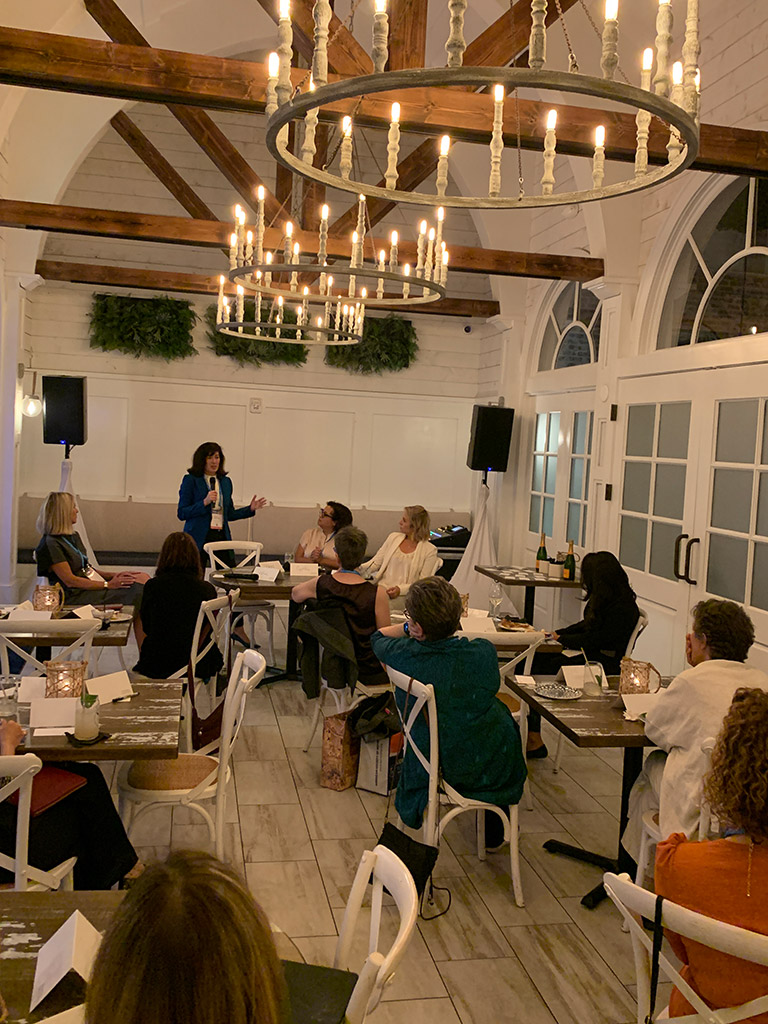 The Nephrology Powerhouses discussed that mentorship is important in both building and reflecting on their career and helping to inspire and support others by their example. Mentorship can often be viewed as a more experienced person mentoring a younger, less experienced person. But in this forum, where the status quo is being questioned and altered to incorporate the patient voice across industry, clinical practice, government policies and research, the attendees asked each other what can we do to encourage reverse mentorship, where the senior person can learn from the junior person, or even two-way mentorship, where the roles of mentor and mentee can be flexibly reversed?
The Nephrology Powerhouses discussed that mentorship is important in both building and reflecting on their career and helping to inspire and support others by their example. Mentorship can often be viewed as a more experienced person mentoring a younger, less experienced person. But in this forum, where the status quo is being questioned and altered to incorporate the patient voice across industry, clinical practice, government policies and research, the attendees asked each other what can we do to encourage reverse mentorship, where the senior person can learn from the junior person, or even two-way mentorship, where the roles of mentor and mentee can be flexibly reversed?
Dr. Delgado commented about a mentor who had impacted her, saying that “she showed me how to have balance, how to embrace challenges and rise above difficulties. When she shared her most difficult times, that’s when I most admired her and when I learned the most.”
This inaugural gathering was special as the women shared a unique relationship amongst each other during their career, as some had been mentors or mentees for others in the room. The women discussed that some of the greatest strengths of mentorship are bi-directional: they all bring some level of experience and perspective to the table, but when that is shared both ways, it can result in a more rewarding and fulfilling relationship.
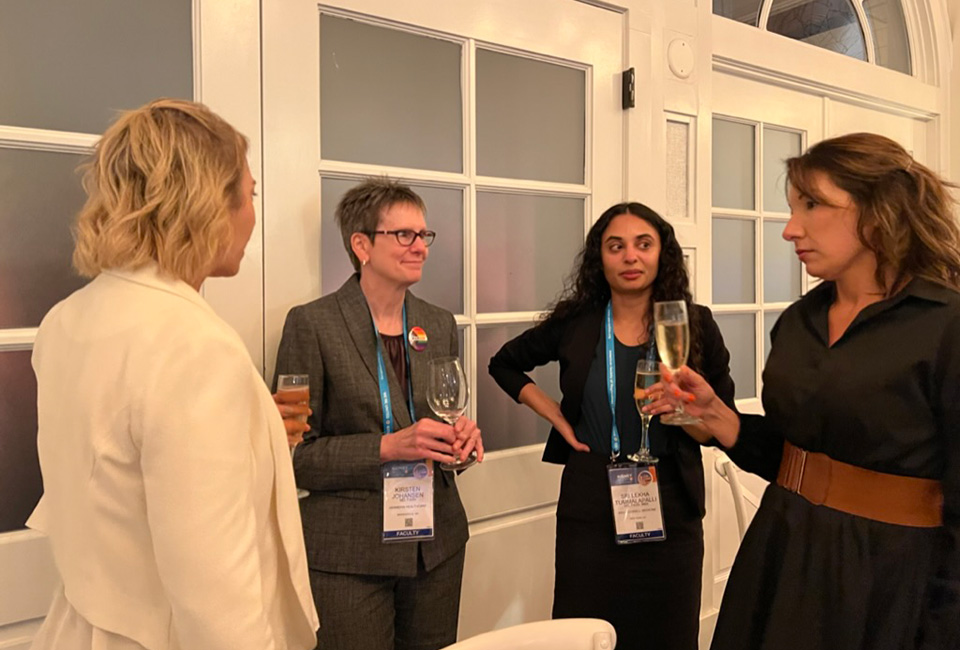
“We need to hold each other accountable for our goals. Check in. Think outside the box. I know I have that in my network of professional girlfriends, and now, after tonight, I have more.” – Cynthia Delgado, MD
Addressing Work-Life Integration Challenges
The leaders in the room also shared their personal life experiences as wives, mothers with younger or adult children, or as caregivers for aging or chronically ill family members, and balancing their ambitious and challenging careers in the midst of these other roles.
They also talked about their organizations’ culture around peak performance, and how they encourage their people to manage boundaries between work and life. One attendee said that this is a big issue at her healthcare organization due to staffing shortages, with a recent organization-wide survey revealing that nearly 40% don’t feel work-life balance. She also talked about what keeps her going. “I’m at the stage where I’m committed to what my goals are. I’m happy where I am. I enjoy the work I do. I’m a workout-aholic, so I channel my energy there.”
Dr. Delgado described how important her female friendships are to addressing balance, and how as a group of women leaders they could encourage each other. “I urge us to use our circle of women friendships to create the walls to keep us on track,” she commented to the group. “We need to hold each other accountable for our goals. Check in. Think outside the box. I know I have that in my network of professional girlfriends, and now, after tonight, I have more.”

